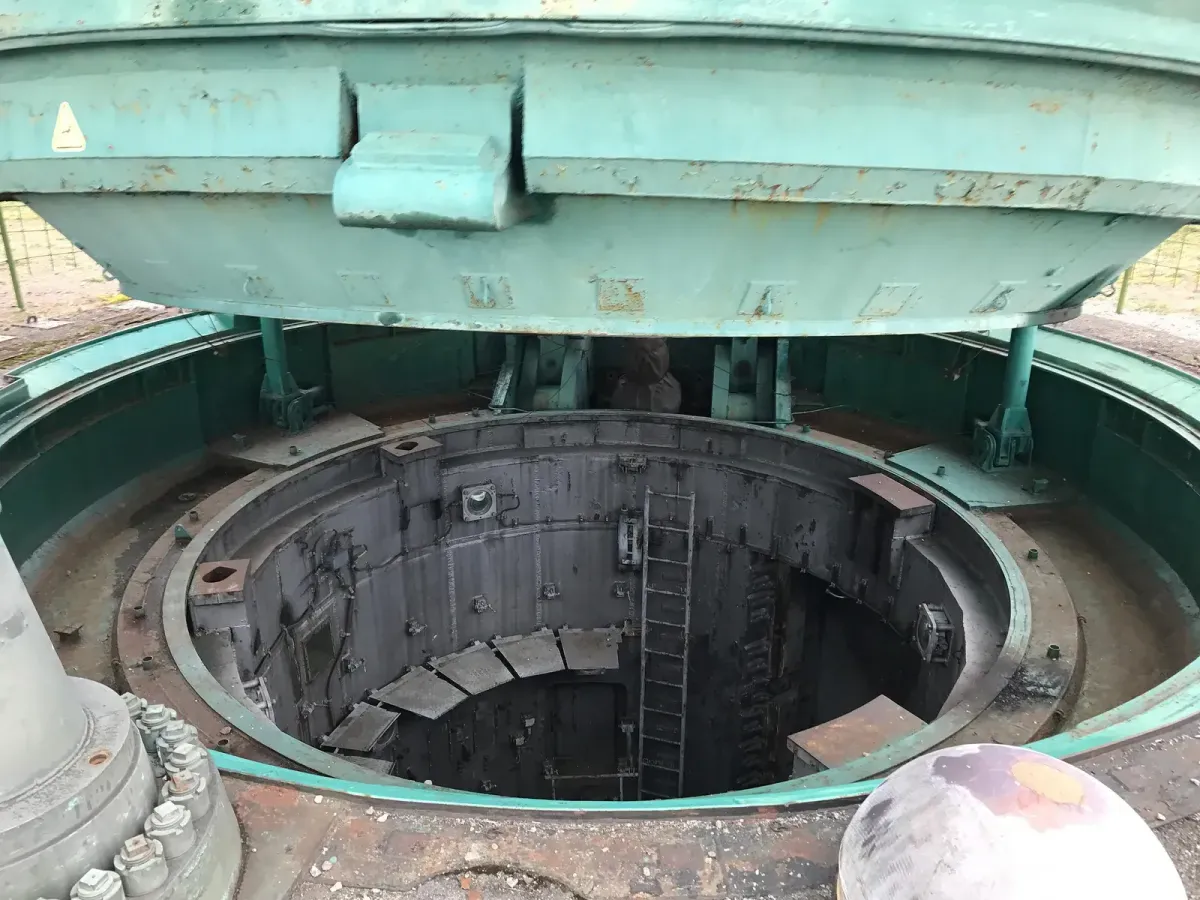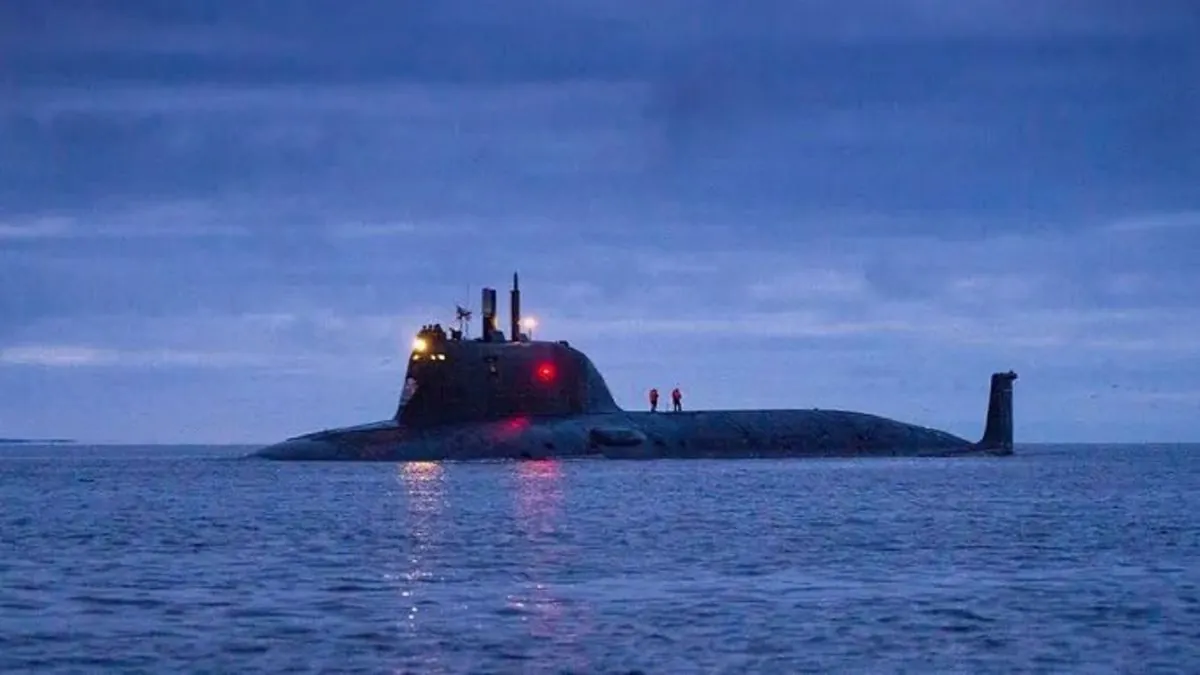Russia Signals Imminent Changes to Nuclear Doctrine Amid Ukraine Conflict
Russia's Deputy Foreign Minister announces plans to modify the country's nuclear doctrine in response to Western actions. The changes, prompted by the Ukraine conflict, are at an advanced stage.

In a significant development, Sergei Ryabkov, Russia's Deputy Foreign Minister, has announced that Russia is on the verge of modifying its nuclear doctrine. This decision comes as a response to what Moscow perceives as Western actions related to the ongoing conflict in Ukraine.
According to the TASS state news agency, Ryabkov stated that the work on these changes is at an advanced stage, with a clear intent to make corrections. However, specific details about the nature of these modifications were not disclosed.
Russia's current nuclear doctrine, established by President Vladimir Putin in 2020, permits the use of nuclear weapons under two circumstances: in response to a nuclear attack by an adversary or in the face of a conventional attack that poses an existential threat to the state. This doctrine, known as "escalate to de-escalate" or "escalate to win", has been a cornerstone of Russia's defense strategy.

The announcement comes against the backdrop of heightened tensions between Russia and the West. Moscow has consistently accused Western nations of using Ukraine as a proxy in a conflict against Russia. This perspective has significantly influenced Russia's strategic thinking and its approach to nuclear deterrence.
Russia's nuclear arsenal, the largest in the world with approximately 5,977 warheads as of 2024, plays a crucial role in its military strategy. The country's nuclear triad, consisting of land-based ICBMs, submarine-launched ballistic missiles, and strategic bombers, forms the backbone of its deterrence capabilities.
The concept of nuclear deterrence, which evolved during the Cold War, has been a key factor in international relations for decades. The Cuban Missile Crisis in 1962 was a pivotal moment in this history, highlighting the dangers of nuclear brinkmanship.
"The work is at an advanced stage, and there is a clear intent to make corrections"
Ryabkov emphasized that the decision to modify the nuclear doctrine is "connected with the escalation course of our Western adversaries" in relation to the Ukraine conflict. This statement underscores the complex interplay between regional conflicts and global nuclear strategies.
It's worth noting that Russia is one of the five recognized nuclear-weapon states under the Treaty on the Non-Proliferation of Nuclear Weapons (NPT), which entered into force in 1970. However, recent years have seen shifts in nuclear arms control agreements, with Russia withdrawing from the Intermediate-Range Nuclear Forces Treaty (INF) in 2019.
As the international community closely watches these developments, the potential changes to Russia's nuclear doctrine could have far-reaching implications for global security and strategic stability. The situation underscores the ongoing challenges in nuclear arms control and the delicate balance of power in international relations.


































